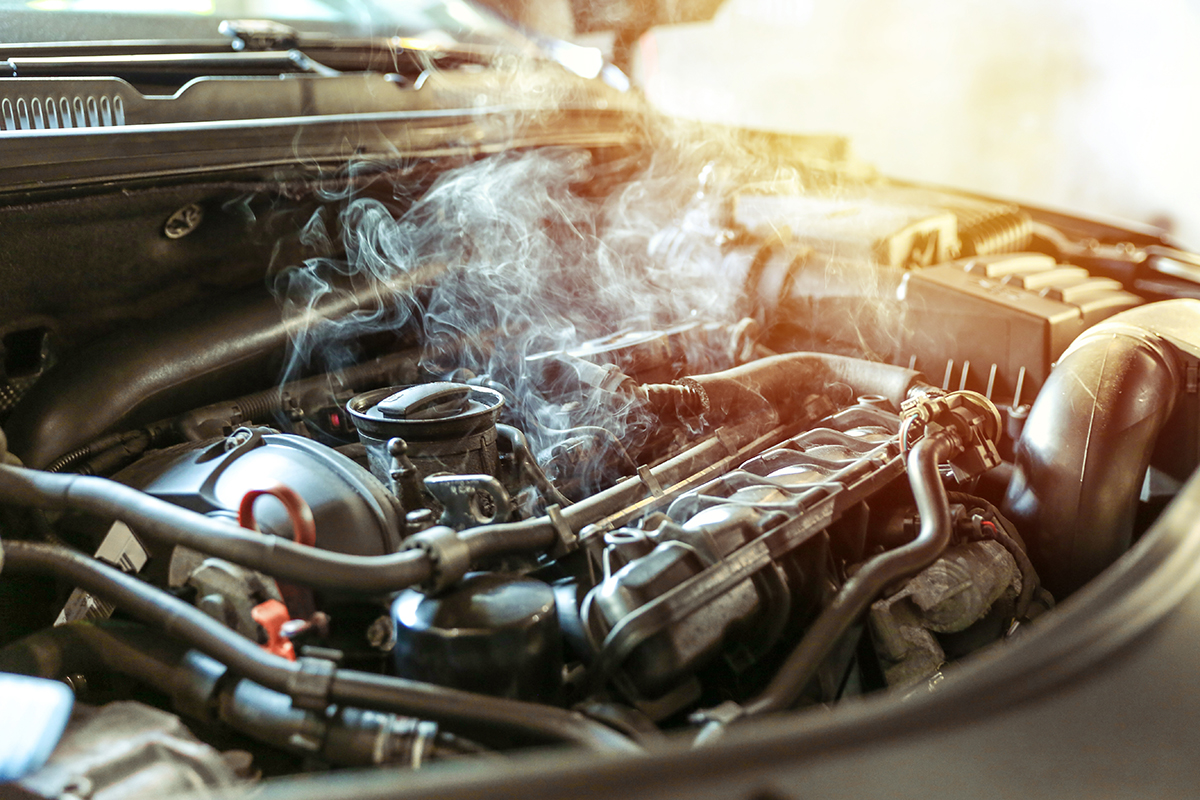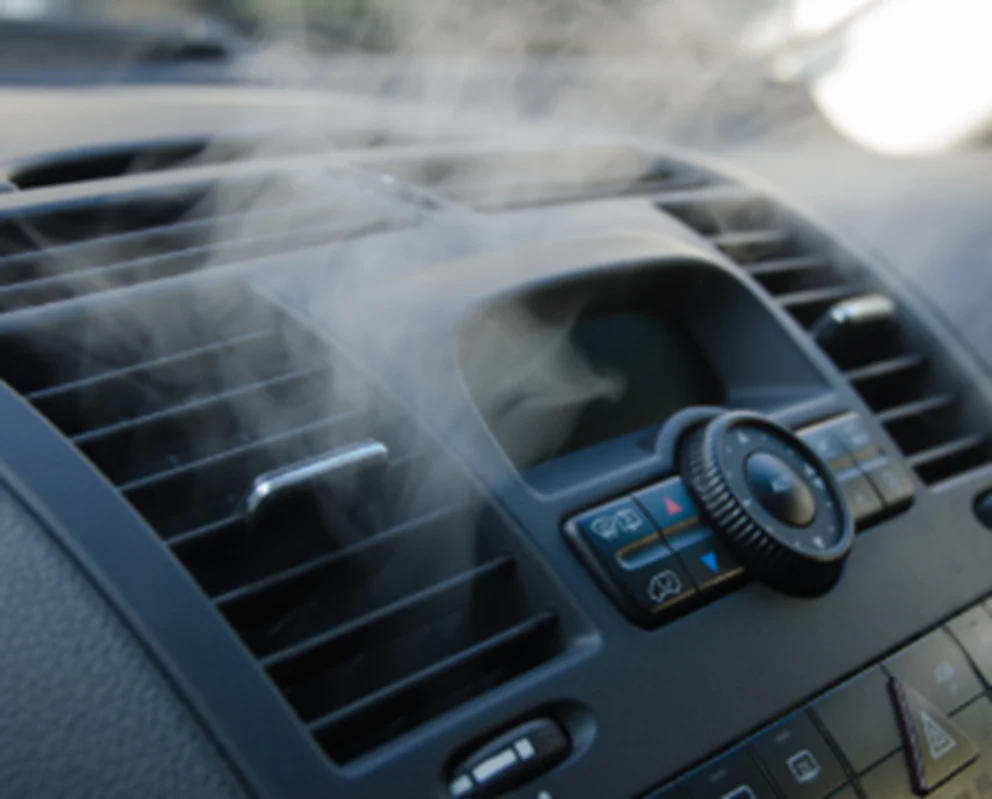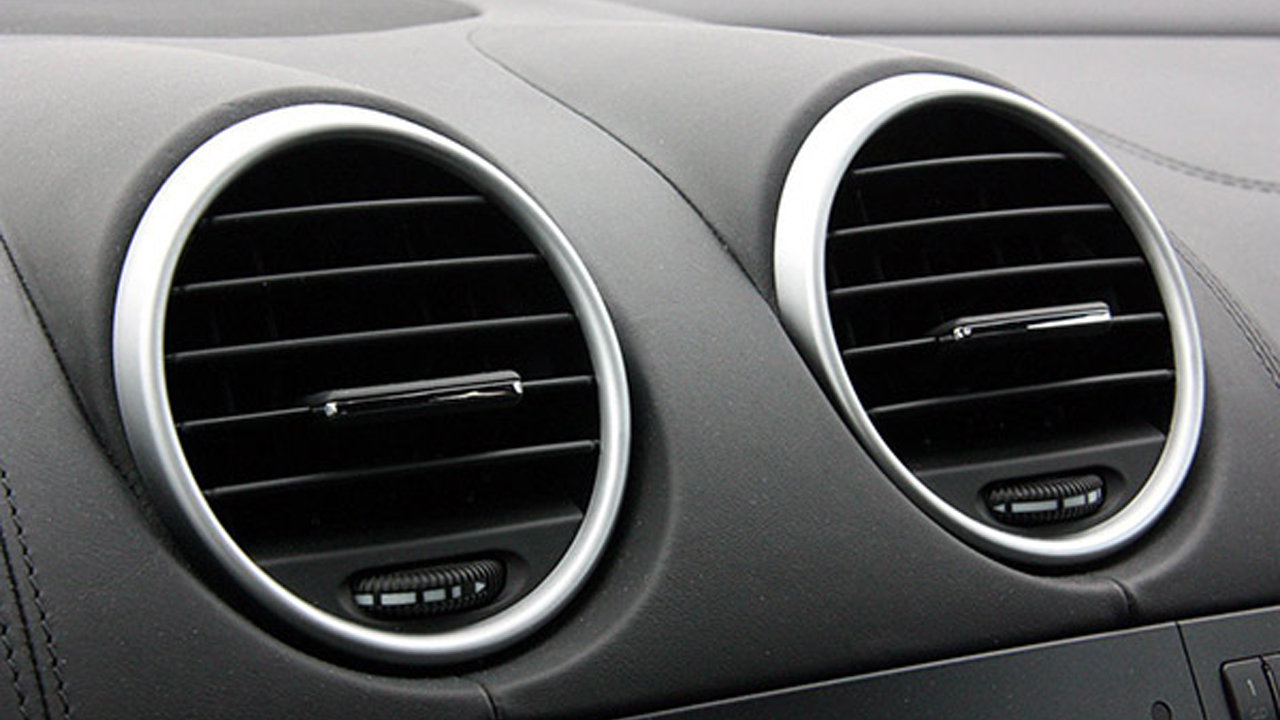The engine is the heart of your vehicle, giving your car the necessary power it needs to operate correctly. When the engine is damaged, it will significantly affect your car’s performance. Fortunately, you can save yourself time and money by quickly diagnosing engine problems before they cause more harm to your vehicle.
1. The Check Engine light turns on.
Dashboard warning lights are your car’s way of alerting you about problems it detects via its On-Board Diagnostics (OBD) system. If your Check Engine Light (CEL) turns on, you should not dismiss it, as ignoring the problem could cause more damage to your engine (and other parts) over time. There are many different things that can trigger a check engine warning light. Some common reasons for a check engine light appearing include:
- The Oxygen Sensor needs replacing.
- The Mass-Airflow Sensor is in need of replacement.
- The catalytic converter is damaged and in need of replacement.
- The spark plugs are damaged or worn (causing engine misfires).
- The fuel cap isn’t on tight enough (a very common, easy to fix issue).
- many other electronic sensor and actuator related issues
2. Your car is making strange noises.
A knocking noise coming from your bonnet is a classic sign of a dying engine. This noise could be caused by wear of damage to your engine’s mechanical parts such as pistons, bearings or other moving parts. If you hear this type of noise, you should take your car to a mechanic as soon as possible to prevent further damage. Ignoring this problem could result in your car breaking down on the side of the road and a much greater repair bill (than catching the problem early).
Other noises you should look out for include popping, spitting and backfiring from your exhaust.
3. The engine is running roughly or inconsistently.
Listen to the sound your engine produces while you are driving. Is it consistent? A struggling engine will often stutter, shake or lose power as the revs increase. A few common solutions for this may be to replace the spark plugs, test / replace your ignition coils, check your fuel pressure, clean your Air Flow Meter or give your engine a tune-up.
4. Your car produces oil patches.
If you notice puddles of oil under your vehicle, this is probably a result of a leak in your engine. As the oil depletes, more friction and will occur in your engine, generating excess heat. Oil leaks are common from engine oil seals, and sump plugs / sump plug washers. This can cause damage to engine components over time. We recommend that you get engine leaks sealed as soon as possible.
5. You can smell odours from inside the car.
The smell of a car’s emissions should never be noticeable from inside the vehicle. If you have a strong exhaust smell, of engine fumes or any other strange odours, this could be a sign of engine damage. Don’t ignore strange engine smells and expect them to go away. Get your vehicle checked so that the problem can be diagnosed.
6. Your car is using more gas than normal.
Increased fuel consumption can often be related to a fault in the way your engine processes fuel. when paired with a visible check engine light and other engine-related symptoms, the problem can be much more serious.
If you notice your car is using more fuel, get it checked and fixed by a professional. This will save you money in the long run.
7. You experience a loss of engine power.
Engines will struggle to run at their usual level if there is an internal problem. Your vehicle may stall, shake at high speeds or struggle with hills. If your engine isn’t working as well as it used to, get it checked by a mechanic.
8. There is smoke coming from your exhaust.
There are several reasons why your exhaust could be producing smoke. The color of the smoke can give you an idea of what is causing the problem.
If the smoke is black, it means that your engine is has incomplete combustion which leads to burning too much fuel. This could be due to:
- Damaged fuel injectors.
- Malfunctioning sensors.
- A damaged air filter.
- A clogged fuel return line.
- Mechanical damage in the engine
Grey smoke can mean several different things, making it difficult to diagnose. Possible reasons include:
- A stuck PCV valve.
- Problems with your transmission fluid.
- Excessive oil consumption.
Dark blue smoke means that your engine is burning oil. This is due to oil leaking into your engine’s combustion chamber. This can be caused by:
- Worn out piston rings.
- Damaged valve seals.
- Other worn or damaged engine components.



